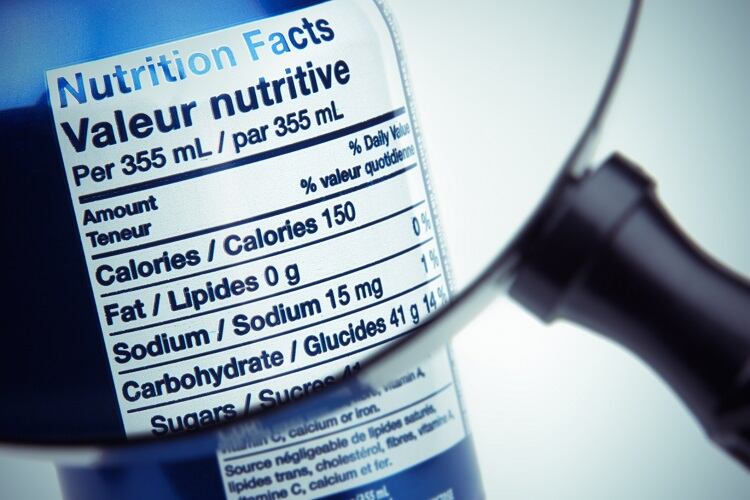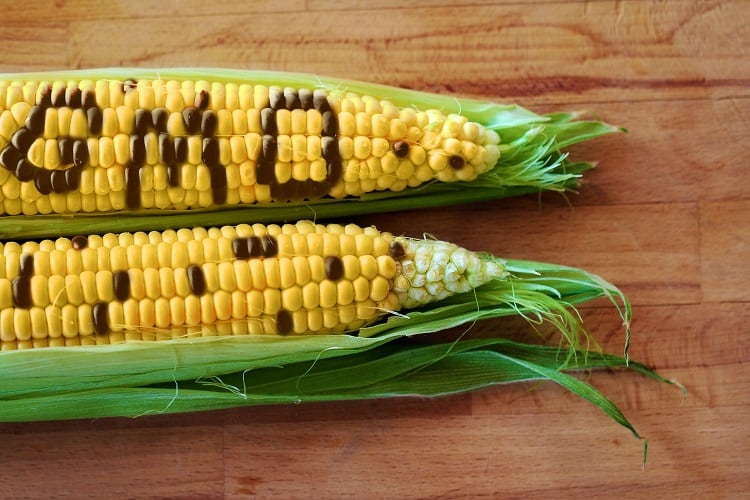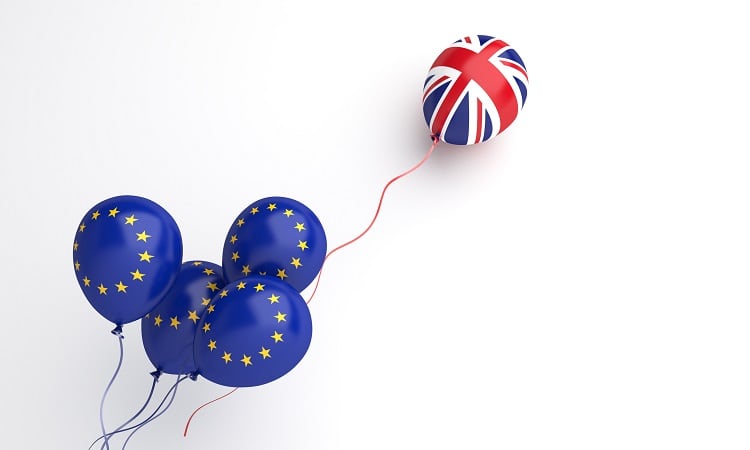Five-and-a-half years have passed since the UK voted to withdraw from the European Union.
Following a drawn-out spell in regulatory limbo, succeeded by an 11-month transition period, challenges and opportunities in labelling are increasingly presenting themselves to UK food operators.
“As far as legislation is concerned, on the labelling front we are pretty much ad idem consistent. However, there are going to be changes,” according to Jessica Burt, Association of Food Law at British law firm Mills & Reeve, “and there are going to be changes of interpretation.”
While some, often slight, differences have always existed in food labelling between European Member States, Burt expects these differences to increase – particularly in the case of the UK.
“The UK courts have no need to follow the EU courts’ requirements now,” she stressed at the Westminster Food & Nutrition Forum earlier this month. “Although we think that there will be a general push towards consistency.”
The food law expert continued: “There will be divergence and there may well be associated opportunities for food producers that try to take advantage in different areas. However, those changes might also mean that regulatory requirements tighten up.”
Divergence: spotlight on technical requirements
One of the big divergences between EU and non-EU food labelling impacting UK food operators lies in country of origin labelling.
From 1 January 2021, EU legislation required that either ‘UK’ or ‘non-EU’ labelling be carried on products sold within Europe. In the UK, food operators can continue to list the source as ‘EU’ until 30 September 2022.
UK retailer Morrisons made headlines recently when it labelled a British chicken product as containing ‘non-EU salt and pepper’. Although the label adhered to packaging regulations, Morrisons’ labelling was criticised for being ‘anti-EU’.
“Although you can be technically compliant on labels, you should also have a look to the political sensitivities,” advised Burt, suggesting Morrisons might have overlooked this aspect.

Another divergence following the UK’s withdrawal from the EU is the change of regulatory agencies. The European Food Safety Authority (EFSA) is no longer approving commercial authorisation for UK food businesses, with Defra and the Food Safety Agency (FSA) instead taking control. This will affect a range of logos from organic certification to protected names.
“It’s just a change of emblem, and you’ll find you’ll need to submit parallel applications in order to ensure you can sell in both the UK and EU,” Burt advised.
Health and nutrition claims
As it stands, legislation concerning health and nutrition claims is the same across both UK and EU jurisdictions. However, Burt warned different application processes for these claims now exist, which could create potential for divergence.
At the same time, there is pressure for consistency. “That is really important for the consumer to know where to look on the label, and to have the same sort of set up,” we were told.
What other divergences could exist in health and nutrition labelling? The Mills & Reeve lawyer said she is ‘ever hopeful’ the UK will drop the kilojoules (kj) reference back-of-pack, with calorie (kcal) highlighting energy values only. “You’d be hard stretched to find a consumer, or anyone, who understands [kilojoules] in the UK.”

Burt is awaiting the results of the European Commission’s front-of-pack (FOP) nutritional labelling consultation to see what other potential aspects of divergence may appear. On the one hand, a mandatory FOP label in Europe could create an opportunity for differentiation in the UK which could ‘show products to their best ability’, we were told.
Equally, it could lead to increased costs for food makers working to two different manufacturing methods for EU and UK supply.
Novel Foods and GMOs
Brexit’s impact on new product development in the UK has yet to be fully realised. But in terms of novel foods, the UK is currently following the EU’s criteria. There are now two parallel processes for food operators seeking Novel Food authorisation in both jurisdictions.
“However, there will be an overriding political aspect that’s embedded into the UK process,” Burt stressed, “where there is a reference to any other legitimate factors relevant to the application.”

Elsewhere, increased interest in gene editing has been observed in the UK, with a consultation conducted this year focusing on stopping certain gene edited organisms from being regulated in the same way as genetically modified organisms.
Burt interprets this as a ‘real political push’ in the UK to seek opportunities in gene editing and novel technologies – something it was unable to pursue while a member of the EU.




